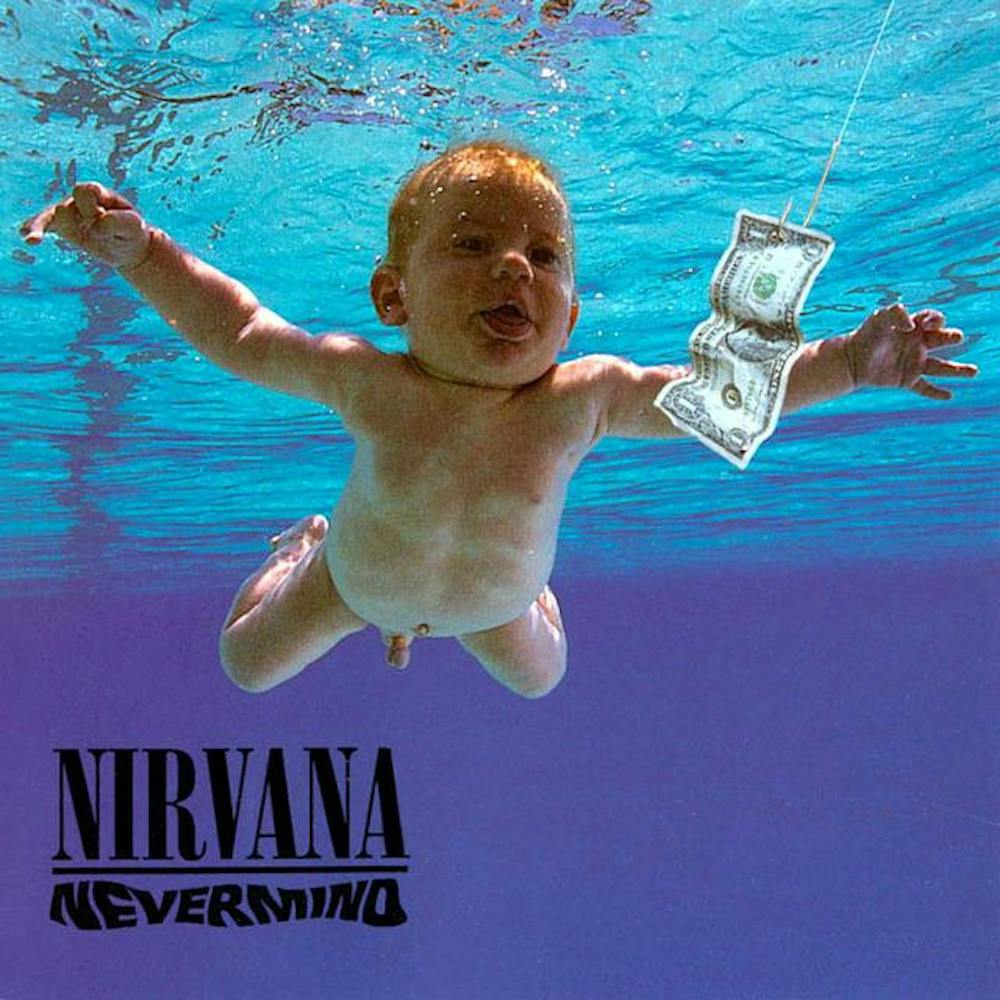
I’ve always been on the fence about Nirvana. On one hand, I recognize that Nevermind is probably the single most important album in over 20 years. They exploded onto the scene and changed the music industry forever — like some drugged up, diseased version of The Beatles that crawled out of a hole in a Pacific Northwest forest — and were gone just three short years after their sophomore album made them superstars.
But Nirvana was never the most talented band to come out of the alternative rock scene in the late ‘80s (a fact Cobain would be the first to mention). While they’re primarily responsible for the alt-rock boom of the early ‘90s, I always thought it would have been far more fitting if someone like Sonic Youth, Dinosaur Jr., or the Pixies were the ones to first break into the mainstream. But hey, that’s just wishful thinking, not really something that I can hold against Cobain and company.
Still, despite all of its critical acclaim and power, Nevermind is a difficult album to listen to in the 21st century. The songs haven’t lost any of their visceral impact. It’s nothing like that. “Smells Like Teen Spirit” kicks off the album like a brick to the back of your head. The spite and fury of “Breed” and “Drain You” are still chilling — or they would be if the songs weren’t able to mix that fury with legitimately catchy songwriting.
Hell, to this day, there are scores of grindcore bands that only wish they could record a song as beautifully harsh and alienating as “Territorial Pissings.” No, the record never lost any of its fire or spark over the years, but I worry that the world as a whole just isn’t in the state of mind to appreciate Nevermind anymore.
The problem is that, after 20 years, so many bands have co-opted and built on Nirvana’s sound that it just isn’t revolutionary anymore. We’ve heard it all before, and most of us have heard it done better. Nevermind is a classic album, to be sure, but it’s a classic not so much because it continues to resonate powerfully to our culture, but because it reflects where our culture used to be. In a sense, Nevermind is a time capsule.
Think about it this way: even 40 years later, The Beatles’ Abbey Road still sounds new and exciting. The melodies are so intricate, the music is so solidly written, and the lyrics are so perfect, that it’s timeless. Honestly, I don’t want to live in a world where people have stopped listening to that record.
But anger, venom, and an intense similarity to the Pixies were the most important things Nirvana brought to the table. And they’re not particularly difficult elements to recreate. And so over the years, bands like Radiohead, the White Stripes, and even the Foo Fighters built on the foundations that Nirvana laid down. Listening to it now is almost like hearing pre-Elvis rock and roll. It’s hard to see exactly what the big deal is.
On a certain level, it’s sad, because I’d love to experience the record as an angsty 17 year old that grew up with Def Leppard and Styx. It would be a revelation. But today, it just lacks some of the original flair.
So yes, Nevermind is a classic album. Yes, it’s a pretty good album. But I don’t know if it’s a truly great one. That doesn’t mean we should stop listening to it.
Classic or catastrophe: Classic (but not for the reasons you’d think)
Editor’s note: They re-mastered and re-released Nirvana’s Nevermind about two weeks ago to celebrate its 20th anniversary. For the record, I’m listening to the original mix of the album, not the new version.
Kill Your Idols





